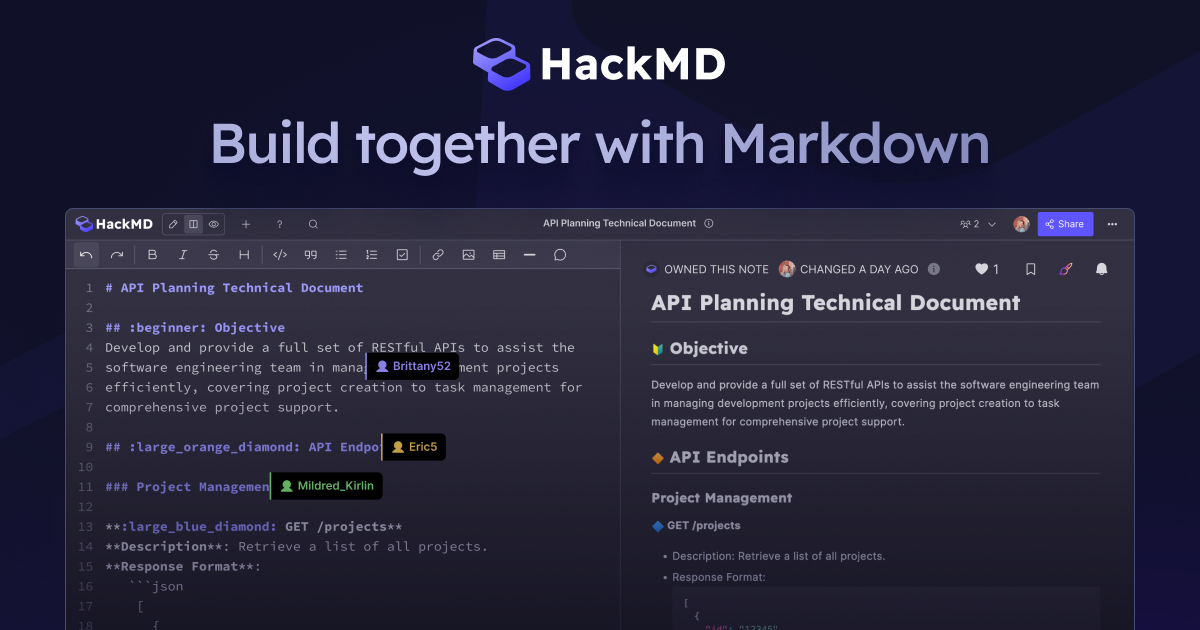The schedule you might know already:

 www.freebsd.org
www.freebsd.org
But here is what to expect:

The only thing I hope that does not happen is this: 32-bit platform deprecation

FreeBSD 15.0 Release Process
FreeBSD is an operating system used to power modern servers, desktops, and embedded platforms.
But here is what to expect:

The only thing I hope that does not happen is this: 32-bit platform deprecation


